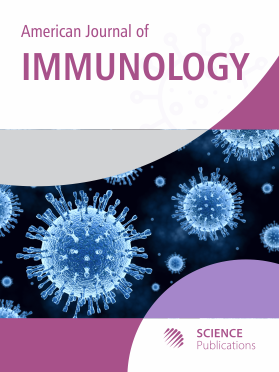The Interplay between p53 and p21 Tumor Suppressor Proteins in the Transformation of Colorectal Adenoma to Carcinoma
- 1 University Putra Malaysia, Malaysia
- 2 University of Adelaide, Malaysia
- 3 Alnahrain University, Malaysia
Abstract
This study was carried out for evaluating the interplay of p53, p21 and Ki-67 proteins along the colorectal adenoma-carcinoma oncogenic transformation sequel. Therefore, Fifty colorectal cancer and 14 adenoma patients were involved. The histopathological expression of p53, p21 and Ki-67 proteins was evaluated by immunohistochemistry assay. The results revealed that remarkable overexpression of p53 protein was seen in the tumorous sections of cancer patients more than that in adenoma patients (p<0.05), while no p53 overexpression was found in the corresponding nontumorous sections. The positive expression of p21 protein was lower in the tumorous sections of cancer patients than that of adenoma patients (p<0.05) and was higher in the non-tumorous than the corresponding tumorous sections of both CRC and adenoma patients (p<0.05). The expression of p53 and p21 proteins in cancer patients was inversely correlated to each other (p<0.05) and the expression of p21 rather than p53 protein was associated with colorectal cancer staging and grading (p<0.05). Ki-67 was higher in cancer than in adenoma patients and higher in the tumorous tissue sections than the corresponding non-tumorous sections (p<0.05). The overexpression of p53 and downexpression of p21 proteins in colorectal cancer might be responsible largely for triggering the transformational changes in normal mucosa to develop adenoma and trigger also the malignant cascade from adenoma to carcinoma. P53 overexpression was shown to occur due to the mutated dysfunctional p53 gene product which loses its transcriptional activator necessary for p21 expression. The level of p21 protein which is a quantitatively affected by the loss of p53 activation is responsible for the association with cancer staging and grading that serves as a good indicator for the disease progression.
DOI: https://doi.org/10.3844/ajisp.2008.14.22

- 4,249 Views
- 2,667 Downloads
- 8 Citations
Download
Keywords
- colorectal cancer
- adenoma
- p53
- p21
- Ki-67
